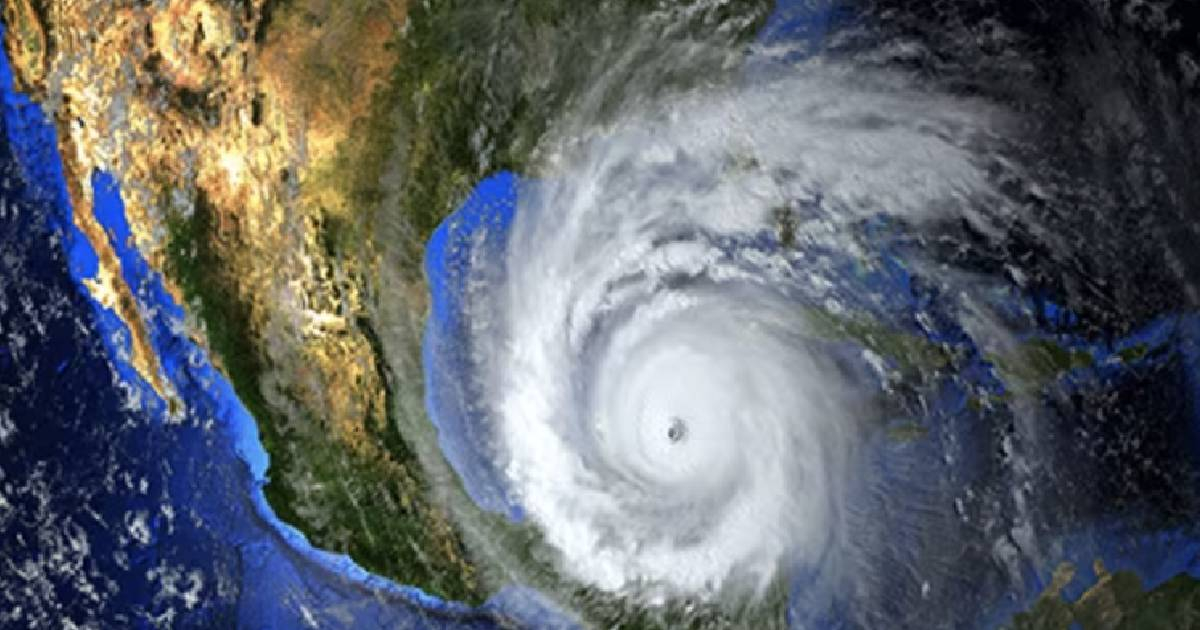Meteorologists from Colorado State University (CSU), pioneers in seasonal hurricane forecasts, have updated their outlook for the 2024 Atlantic hurricane season, confirming it will be "extremely active," with 23 named storms, 11 hurricanes, and 5 major hurricanes of category 3 or higher.
These figures far exceed the average of the past 30 years, which stands at 14 named storms, 7 hurricanes, and 3 major hurricanes in the Atlantic, according to the 44-page report. Like their initial forecast in April, this is the most aggressive prediction in CSU's 41-year history of hurricane forecasting and aligns with the annual report published by the National Oceanic and Atmospheric Administration (NOAA) in late May.
The current forecasts follow a month of record sea surface temperatures in the tropical Atlantic waters. Researchers highlight the warm seasonal water temperatures in the tropical and eastern subtropical Atlantic as strong predictors of hurricane season activity. They also note the influence of the La Niña phenomenon for the fall: "The eastern Pacific waters around the equator continue to cool rapidly, suggesting a transition to La Niña conditions for the fall," the report details.
Government scientists predict the onset of La Niña between July and September, coinciding with the peak intensity months of the hurricane season. They explain that when this phenomenon sets in the eastern Pacific, it reduces wind shear in the Atlantic, especially near land areas, increasing the likelihood of Atlantic hurricanes making landfall. Therefore, experts have warned that every precaution is necessary, as it only takes one devastating hurricane to ruin a season.
Florida's Preparedness Efforts
So far, the Atlantic hurricane season has had a quiet start, but this is not expected to last long. Florida, a region highly prone to cyclones, has implemented tax-free holidays for disaster preparedness, offering the opportunity to purchase preparation items like generators and other supplies tax-free. This opportunity ends this Friday. This Tuesday, South Florida is experiencing heavy rains, with rounds of slow-moving tropical rains anticipated throughout the week, increasing the risk of flash floods. The entire southern part of the state is under flood watch until at least Wednesday night, and this watch is likely to be extended.
CSU's forecasts during the hurricane season have historically shown considerable accuracy and higher skill scores than preseason forecasts, so the university's report should not be ignored. Rick Spinrad, NOAA administrator, highlighted in a late May press conference that the current forecasts are the highest the agency has ever issued in their usual fifth-month report, as a typical season records seven hurricanes and three major hurricanes with maximum sustained winds of 111 mph or more.
Cuban experts have also agreed with these forecasts. Specialists from the Climate Center and the Forecast Center of the island's Meteorology Institute reported that the 2024 hurricane season will be very active across the North Atlantic basin, which also includes the Gulf of Mexico and the Caribbean Sea. "A total of 20 tropical cyclones are forecasted to form in the entire North Atlantic basin, of which 11 could reach hurricane status," Cuban experts said.
Despite these predictions, meteorologists emphasize that preparation for the hurricane season is crucial, as it only takes a single hurricane to cause significant damage. Secretary of Homeland Security, Alejandro Mayorkas, urged communities to take steps to prepare for the hurricane season, reminding them of the devastation that these storms can cause.
FAQs about the 2024 Hurricane Season Forecast
Given the significant predictions and potential impacts of the 2024 hurricane season, here are some frequently asked questions to help you better understand and prepare for the upcoming storms.
Why is the 2024 hurricane season expected to be more active?
The 2024 season is predicted to be more active due to record sea surface temperatures in the tropical Atlantic and the expected influence of La Niña, which reduces wind shear in the Atlantic.
What measures can be taken to prepare for a hurricane?
Communities are advised to have disaster preparedness kits, secure property, create an evacuation plan, and stay informed about weather updates and warnings.
How accurate are CSU's hurricane forecasts?
CSU's forecasts have historically shown considerable accuracy and higher skill scores compared to preseason forecasts, making them reliable sources of information.
